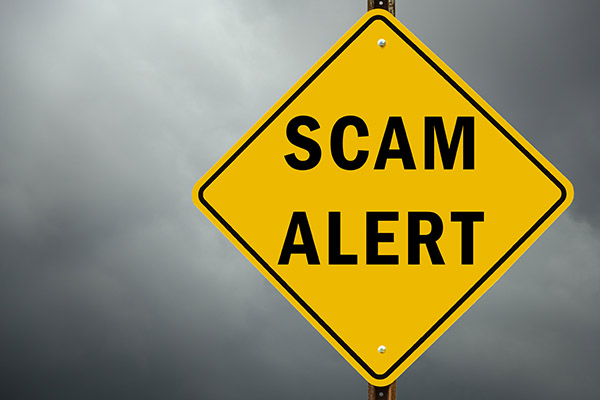While it’s gratifying to watch people come together and support one another during difficult times, it’s also very important to keep watch for those who have ulterior motives.
It would be nice to imagine everyone has each other’s best interests at heart, and for the most part that’s true. But what’s also true is that emergencies and disasters are seen by some as opportunities for fraud. Many people are vulnerable right now, while others want to do everything they can to help. It’s the perfect recipe for scams.
Here are some guidelines for staying safe, outlined by the New Hampshire Attorney General’s office.
Be Careful When Making Charitable Donations
- Before making donations to support those who are ill or suffering financially because of the COVID-19 outbreak, do your homework:
-
- If the appeal claims to be from a charity, you can check to see if it is registered with the Attorney General’s Charitable Trusts Unit. The list may be found here: https://www.doj.nh.gov/charitable-trusts/. And for looking up entities across the country, you can visit: https://www.guidestar.org/NonprofitDirectory.aspx
- If the appeal is for an individual, think hard about donating unless you know the person needing help and that person’s circumstances.
- Do not let anyone rush you into making a donation.
- Check that you are dealing with a legitimate charity or individual and not an “imposter” with a deceptively similar name.
- Do not assume that social media recommendations for donations are legitimate.
Beware of False Claims and Deceptive Marketing
- Do not be tempted by claims and advice on social media and online websites that certain products or treatments can cure or prevent COVID-19.
- There currently are no prescription or over-the-counter pills, vaccines, oils, lotions, or other products available to treat or cure COVID-19. Always check with your health care provider before buying such products.
Be on the Lookout for Phony CDC Emails
Be careful about opening emails claiming to be from the Centers for Disease Control and Prevention (CDC) or from others claiming to have information about COVID-19. Clicking on links or attachments could cause a computer virus to infect your device.
Stay Informed
- For up-to-date information about the COVID-19 outbreak in the New England states, visit:
To report any charitable giving scam in New Hampshire, contact the Charitable Trusts Unit.
Phone: 603-271-3591
Email: charitabletrusts2@doj.nh.gov
Website: www.doj.nh.gov/charitable-trusts
To report a business-related scam, contact the Consumer Protection Hotline.
Phone: 1-888-468-4454
Email: DOJ-CPB@doj.nh.gov
Website: www.doj.nh.gov/consumer/complaints/
As always, if you suspect any fraudulent behavior with any of your Mascoma Bank accounts, give us a call at 603-443-8664 or 603-443-8665 so we can help keep you stay safe.
